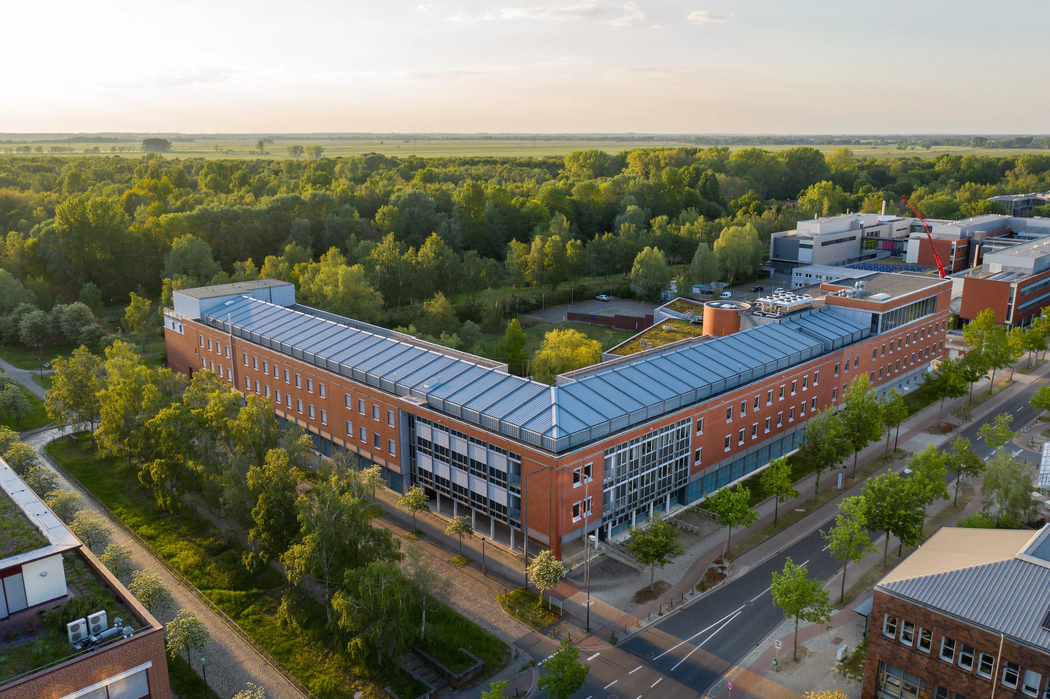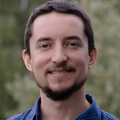What Mechanisms Underlie the Interaction Between a Virus and its Host During an Infection?
DOI:
https://doi.org/10.21036/LTPUB10951Researcher
Tomás Alarcón Schumacher is a doctoral student at the International Max Planck Research School of Marine Microbiology (IMPRS MarMic) in Bremen where he also completed his Masters of Science(2020). He has previously worked as a research and teaching assistant at the Pontifical University of Chilewhere he did his undergraduate degree. His research interests include viruses, molecular biology and metagenomic and metatranscriptomic analyses.

Original Publication
A Plasmid from an Antarctic Haloarchaeon Uses Specialized Membrane Vesicles to Disseminate and Infect Plasmid-Free Cells
Susanne Erdmann,
Bernhard Tschitschko,
Ling Zhong,
Mark J. Raftery,
Ricardo Cavicchioli
Published in
Citation
Tomas Alarcon Schumacher,
Latest Thinking,
What Mechanisms Underlie the Interaction Between a Virus and its Host During an Infection?,
https://doi.org/10.21036/LTPUB10951,
Credits:
© Tomas Alarcon Schumacher
and Latest Thinking
This work is licensed under CC-BY 4.0
